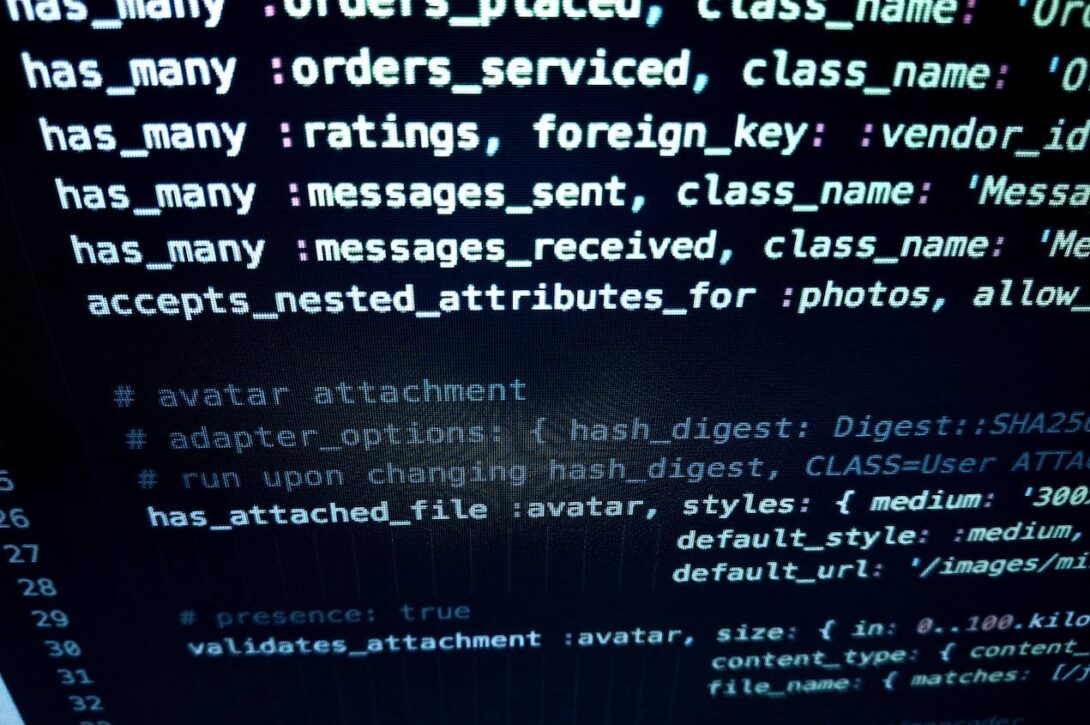Tag: public policy
All topics
-

eHealth: what is needed at the policy level? New special issue from Policy and Internet
Policymakers wishing to promote greater choice and control among health system users should take account…
-

Public policy responses to cybercrime: a new special issue from Policy and Internet
While ‘cybercrime’ can be used to describe a range of undesirable conduct facilitated by networked…
-

Personal data protection vs the digital economy? OII policy forum considers our digital footprints
The fact that data collection is now so routine and so extensive should make us…
-

Last 2010 issue of Policy and Internet just published (2,4)
We are pleased to present seven articles, all of which focus on a substantive public…
-

New issue of Policy and Internet (2,3)
We are pleased to present five articles focusing on substantive public policy issues arising from…
-

Internet, Politics, Policy 2010: Wrap-Up
– in ConferencesMaking an assessment of the Internet’s impact on politics and policy.
-

Internet, Politics, Policy 2010: Closing keynote by Viktor Mayer-Schönberger
– in ConferencesWhat he sees at stake is power because of the permanent threat of our activities…
